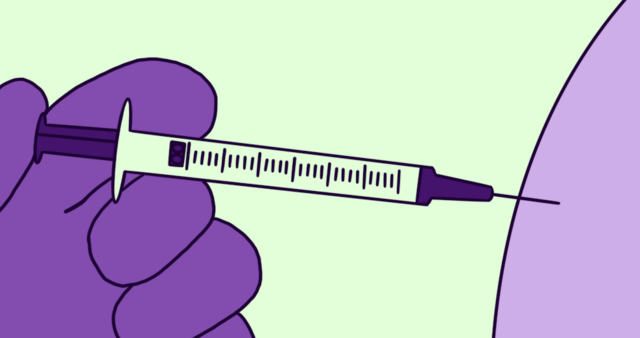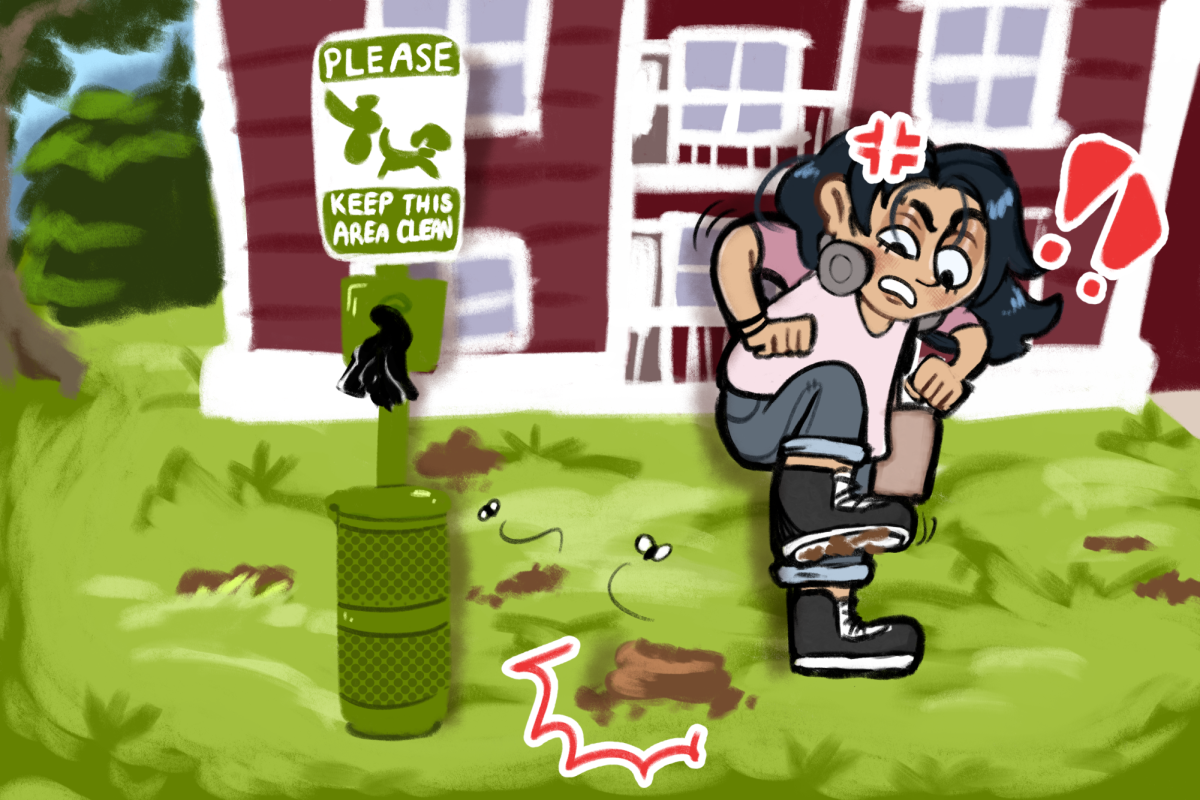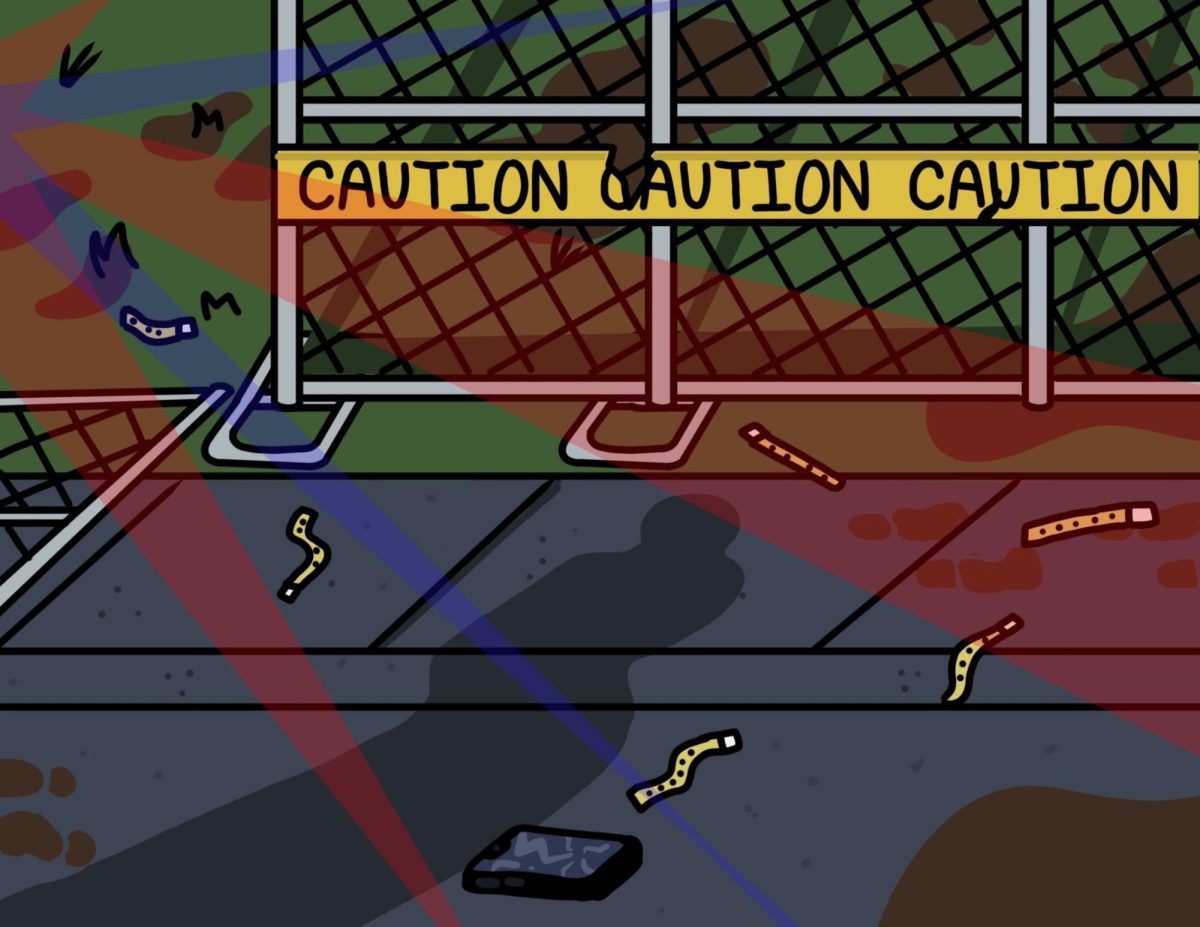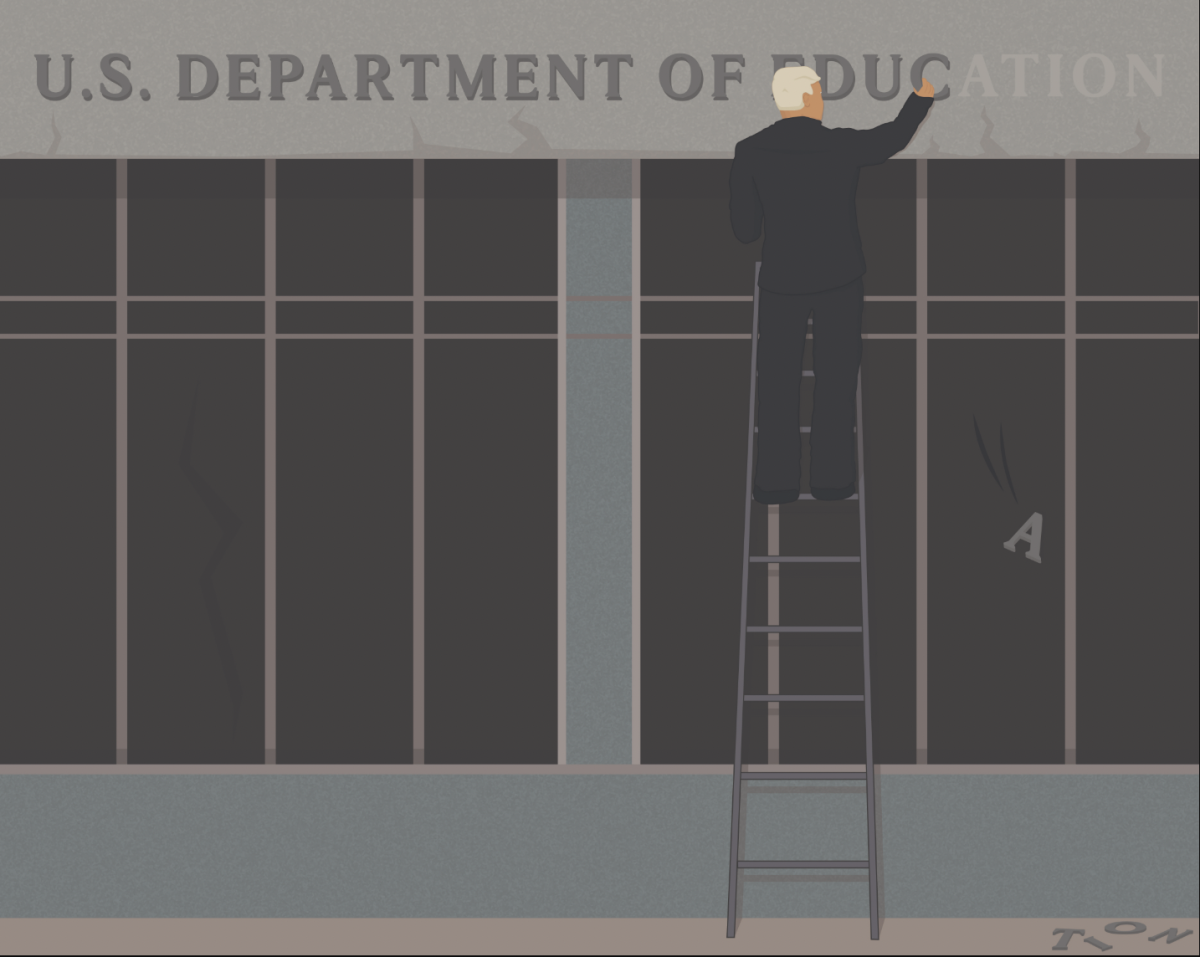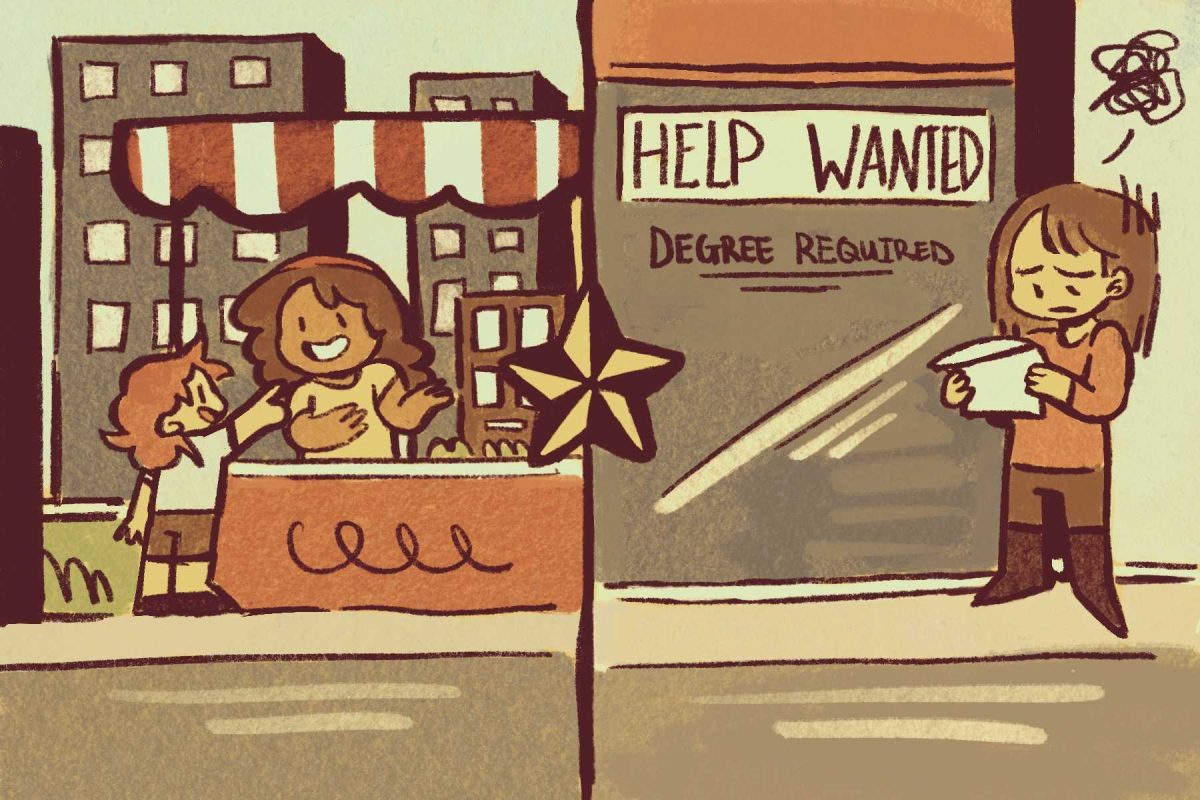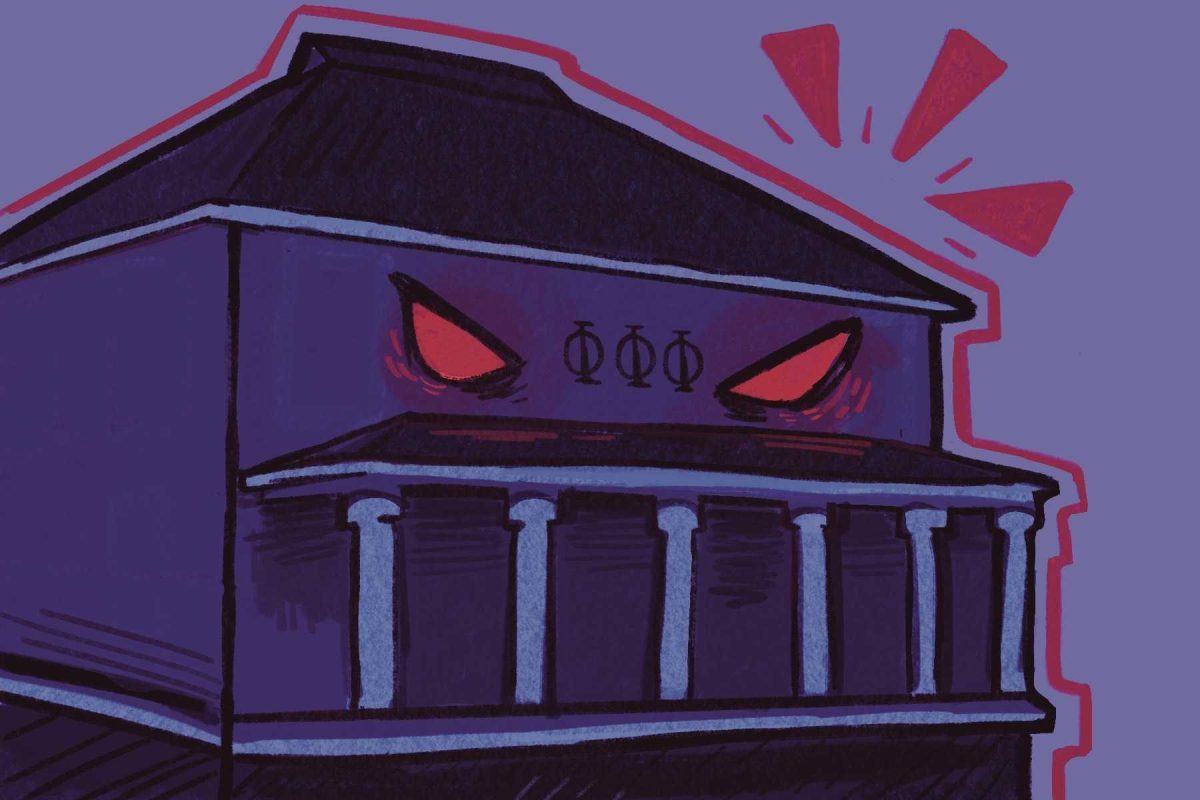As COVID-19 vaccines from Moderna and Pfizer/BioNTech become available to the public, there seems to be widespread optimism that our days of strapping on face masks and hoarding Lysol will soon come to an end. However, it is not so simple. No student, faculty or staff member should make plans to party with friends until infectious disease specialists say the end is truly near.
While the vaccines are being distributed around the country, limited supply means only a few people are able to get them. Texas State, which says it is prepared to distribute vaccines once it receives them, has also been on the waitlist. While the new Biden administration has promised an uptick in vaccine production, it is unclear when the general population will get access to its own dose.
Texans over 65 and those with preexisting conditions that raise their risk of COVID-19 complications currently have access to vaccines, and the Federal Retail Pharmacy Program is ensuring vaccines are available to those who can make appointments at chain pharmacies like CVS and Walgreens. Those under 65 with no preexisting conditions are estimated to gain access to vaccines this spring.
Even when vaccines are available to everyone, tracking who has and has not gotten a vaccine —something necessary for infectious disease researchers to estimate the rate of potential spread — will be difficult. Likewise, making sure that everyone who gets their first dose of certain vaccines gets their second dose on time will be a challenge for public health officials.
Those who get vaccines need time to build up maximum immunity — people cannot get their shot in the morning and go out to dinner mask-free in the evening. Because vaccine developers’ priorities lie mainly with preventing the development of severe disease, rather than transmissibility of the SARS-CoV-2 virus, they are not sure the extent to which vaccines can reduce transmission.
Still, a greater worry is the rate at which SARS-CoV-2 is mutating. Due to the rapid rate of viral replication, mutations are common, and the more people are infected and serve as hosts, the more opportunities the virus has to replicate.
Mutations in the virus’ spike proteins — the projections dotting the outside of the virus’ envelope — cannot only render the currently available vaccines less effective but also increase the virus’ ability to infect host cells. Two mutant strains of particular concern are the U.K. (VOC 202012/01) and South African (501Y.V2) variants, which are more transmissible and may even be able to evade binding by antibodies. In fact, the U.K. variant has already made its way to Hays County.
This has led the Centers for Disease Control and Prevention to recommend ‘double-masking,’ layering a cloth mask over another (or a surgical mask), which they say can block over 90% of infectious particles from coming out in one’s breath.
If we want to see the end of this pandemic, double-masking and continuing — or even strengthening — our measures to prevent the spread of COVID-19 are critical. The more we can do to slow the rate of SARS-CoV-2 mutations leading up to widespread vaccine availability, the better.
Even once herd immunity from vaccines is achieved in the U.S., mutant strains may still be infectious, and spikes in infection rate can still occur. Until infectious disease specialists tell us otherwise, precautions like masking, physical distancing, and frequent hand-washing will continue to be important, life-saving responsibilities for all of us.
The campus we knew prior to the pandemic will not return unless those responsibilities are taken seriously.
–Toni Mac Crossan is a Biology graduate student
The University Star welcomes Letters to the Editor from its readers. All submissions are reviewed and considered by the Editor-in-Chief and Opinion Editor for publication. Not all letters are guaranteed for publication.
Opinion: Vaccine availability is not a means to stop following precautions
Toni Mac Crossan, Opinion Columnist
February 22, 2021
0
Donate to The University Star
Your donation will support the student journalists of Texas State University. Your contribution will allow us to purchase equipment and cover our annual website hosting costs.
More to Discover



